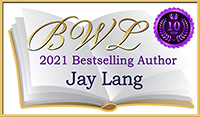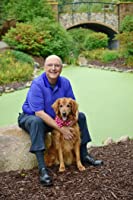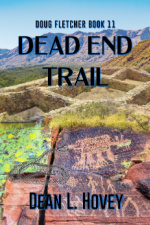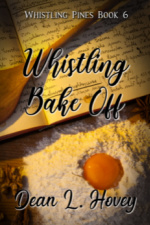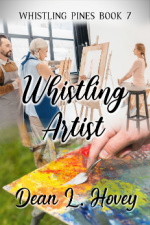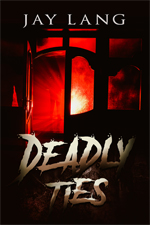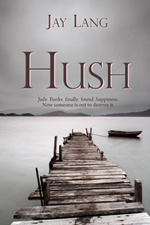![]()
![]()
A book about high-class prostitution in 1900.
Allow me, please, to quote fontspace.com: "Comic Sans is arguably the best font ever!" A very arguable statement. However, love it or hate it, (and there's a huge list of people and places who and which hate it) Comic Sans is included in the "Dyslexia friendly style guide."
I had to send my nephew a thank you note a few weeks ago and, because my handwriting is bad, I typed the note but chose a cute font. Sadly, I don't remember what I used, only that it had something to do with Superman.
Not so much anymore but in the not-too-distant past my library book would have a page giving the origins of the font used. I generally gave the article a brief look - see but didn't pay much attention. However, after finding a fun font for my nephew's letter, I started looking at fonts (or typefaces) and their history.
I love ITC Blackadder because of its history. British designer Bob Anderton created it from British insurrectionist Guy Fawkes' signature after he was tortured. It's described as being elegant but menacing. There are actually a bunch of creepy fonts: Bloodstain, Gravedigger, Darkmode, for example but I'm guessing they're mostly used for covers and not the actual narrative.
A handwritten menu at a restaurant in Cambridge, Massachusetts inspired Kristen (ITC) . It's supposed to be reminiscent of a child's handwriting. ITC, by the way, stands for International Typeface Corporation. It's a company that "was founded to design, license and market typefaces for filmsetting and computer set types internationally."
An Austrian commercial artist created Forte Font. He had trained as a compositor and taught typography and drawing in Vienna. He must have also liked nature because Forte came from his studying plants, particularly the long stems and furry heads of reeds.
BWL folks might be interested in Gabriola, named after British Columbia's Gabriola Island. A man named John Hudson was said to have been inspired by music and the idea that the same melody can be played in more than one mode. Each had its own expressive characteristics therefore each adds different elegance and grace.
The Georgia font was named after a tabloid headline which read, "Alien heads found in Georgia."
The Baskerville font has been around since the 1700s and one has to wonder if that's where Sir Arthur Conan Doyle got the name for his Hound of the Baskervilles. John Baskerville created it and the Baskervilles were an old British family. I did a cursory google search but couldn't find out of the family is still around.
Of course various social media sites have their own fonts. Twitter uses Chirp. Instagram has a list of suggested fonts, my favorite being Leah Gaviota because it's upbeat-looking. According to typoscan, Youtube uses Roboto, Arial, San Serif and YT Sans.
Here's a scary quote from https://arturth.com: "For sighted people, there are a lot of hidden meanings behind each font, which is why social media platforms work tirelessly to come up with the right type of font to refer to a certain part of their website."
Yikes! Google is watching me and fonts are trying to manipulate me. My neighbors are complaining about drones hovering over the yards. Is it time to stockpile food and water, build a shelter in the woods and become a prepper?





























